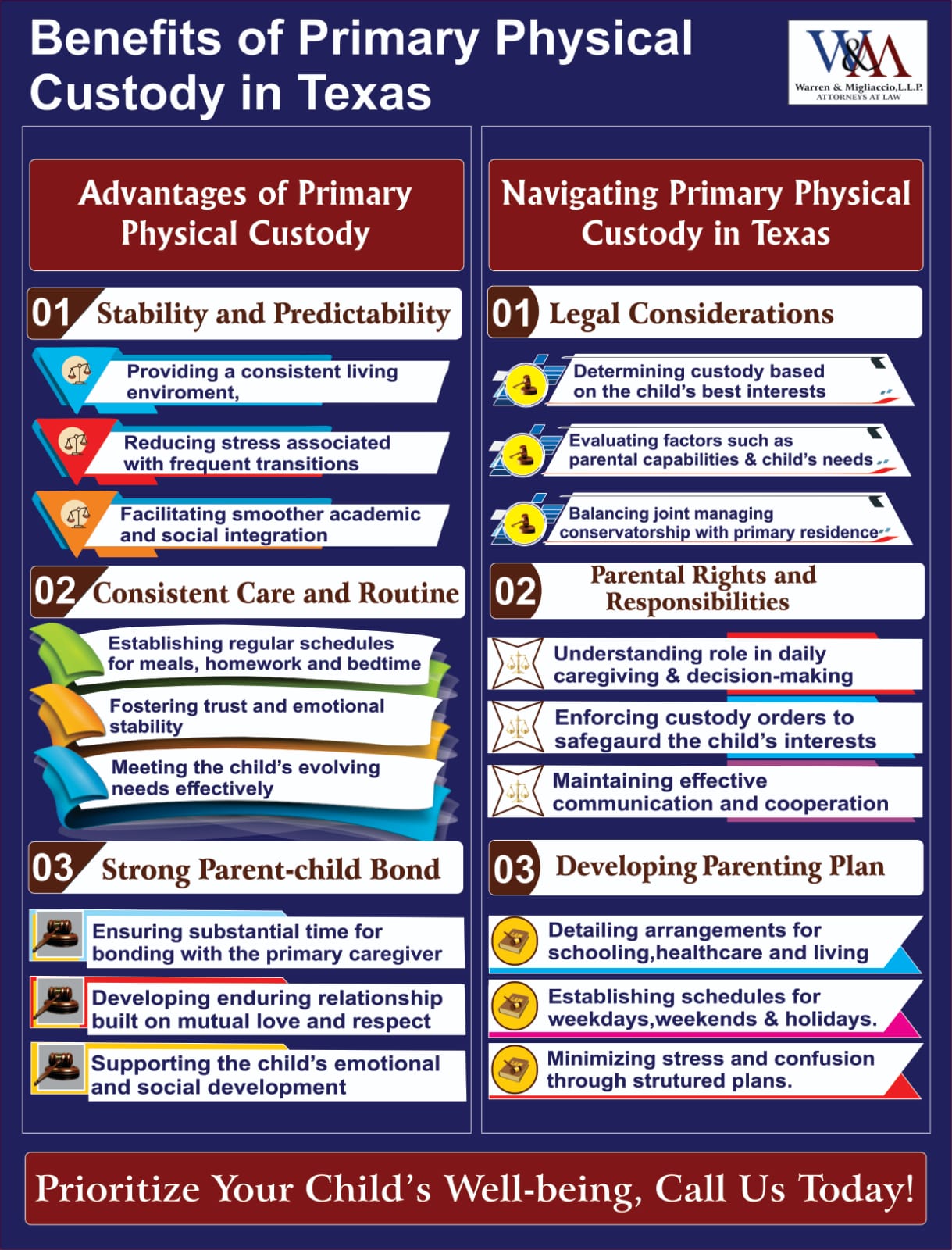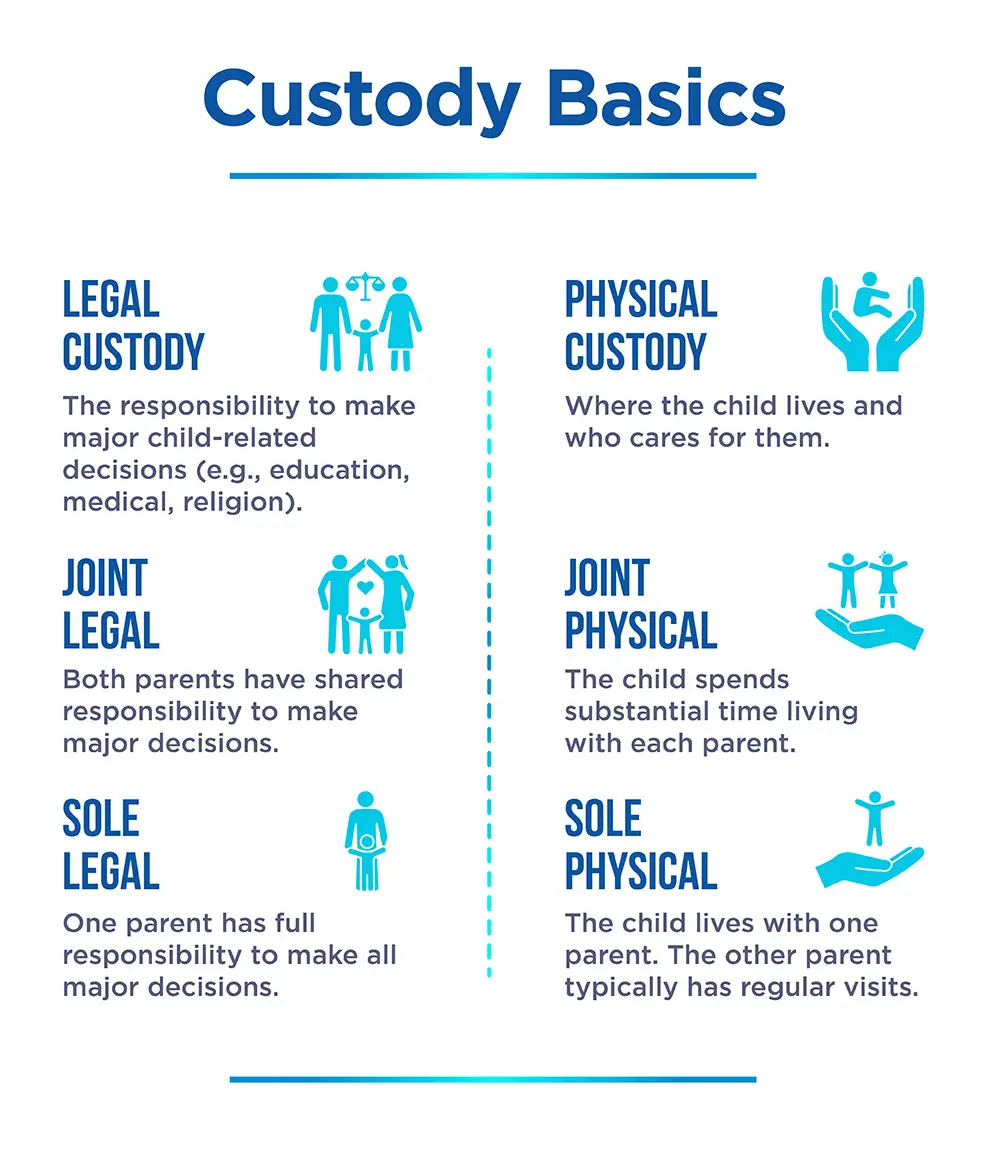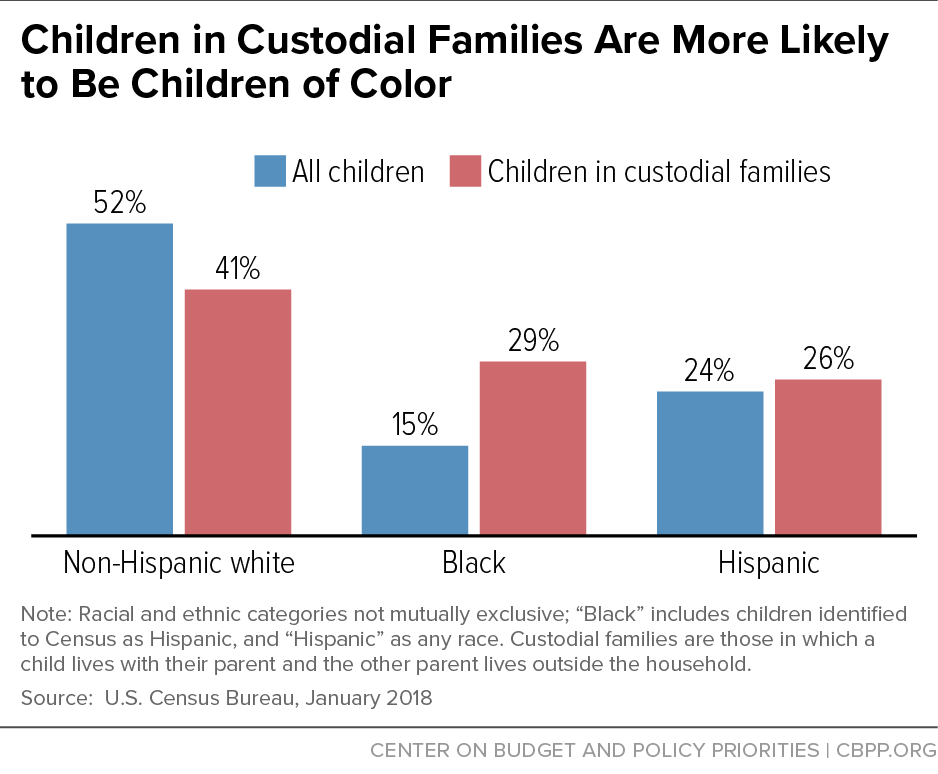Primary physical custody of children has many benefits, along with legal custody standards and considerations specific to Texas law. The post-divorce arrangements concerning children’s well-being in Texas cannot be overstated. It fundamentally influences the child’s emotional stability, psychological development, and overall quality of life. Understanding primary custody’s advantages is necessary for a child to grow in a supportive environment.
This document explores the many benefits of primary physical custody for children, underscored by legal precedents and considerations. It aims to dissect how such custody arrangements can foster a stable and secure atmosphere critical for a child’s development. Additionally, the role of the primary caregiver in nurturing the child’s academic, social, and emotional growth will be examined in detail. By exploring these crucial points, the document will provide invaluable insights into how primary physical custody is a foundational pillar for a child’s prosperous future post-divorce.

Establishing a Stable Environment
One of the fundamental benefits of primary physical custody is its role in providing a stable and predictable environment for the child. This stability is crucial during their formative years, contributing to a sense of security and well-being. Living primarily with one parent ensures that the child doesn’t have to constantly adapt to different homes or sets of expectations, which can be confusing and stressful. A stable living environment facilitates a smoother academic and social life, typically involving consistent schools, communities, and peer groups.
Promoting Consistent Care and Routine
Consistency in care and daily routines is another significant advantage of primary physical custody. A regular schedule, including set times for meals, homework, and bedtime, helps children feel safe and grounded. It fosters their ability to trust their caretakers and the world around them. Consistent care goes beyond the basics of physical well-being to include emotional and intellectual support.

In a primary child custody arrangement, the primary caregiver is better positioned to understand and meet the child’s changing needs, thereby fostering a nurturing environment conducive to growth and learning.
Fostering a Strong Parent-Child Bond
Establishing and maintaining a strong bond between the parent and child is pivotal, and primary child custody arrangements are particularly beneficial in this regard. Such arrangements ensure that the child spends substantial time with the primary caregiver, which is vital for bonding.

Frequent and routine interactions help develop a deep, enduring relationship built on mutual love, respect, and understanding. This bond is the foundation for the child’s emotional and social development, influencing their relationships with others as they grow.
Encouraging Emotional Security
Finally, primary physical custody plays a critical role in creating an emotionally secure environment for the child to thrive. Emotional security is the bedrock upon which children build their self-esteem, resilience, and independence. Knowing they have a stable home and a primary custodial parent gives children the confidence to explore, learn, and take on new challenges. Children are more likely to express their feelings, seek support when needed, and develop healthy coping mechanisms in such an environment. This emotional foundation supports not only their immediate well-being but also their long-term psychological health.

Granting primary physical custody can significantly influence a child’s emotional and mental health. When children know where they will be living and with whom they will be, it reduces stress and anxiety. Stability in residency also fosters a safe space for children to express their emotions and feelings, which is essential for mental health.
Educational Stability and Academic Success
Sole physical custody is vital in ensuring educational stability, which is directly linked to academic success. Having a stable home environment means less disruption to the child’s daily routine and schooling. This consistency allows for better academic planning, closer educator relationships, and uninterrupted learning. Additionally, a custodial and noncustodial parent can be more involved in their child’s education, attending parent-teacher meetings and monitoring homework, enhancing the child’s commitment and success in school.
Improving Health Outcomes and Overall Well-being
The stability provided by primary physical custody arrangements can lead to better health outcomes for children. A consistent living situation reduces stress levels, which in turn benefits the child’s physical health. Furthermore, being under the primary sole custody of one parent allows for a consistent approach to nutrition, physical activity, and sleep routines, all of which are essential for a child’s general well-being and development.
Strengthening Family Relationships
Primary custody arrangements can strengthen the bond between the minor child and their primary caregiver, creating a deep sense of security and belonging. Additionally, this stability allows for planned and consistent visitation schedules with the non-custodial parent, which is important for maintaining a strong relationship.
The certainty of these visitation rights avoids confusion and conflict, providing the child with a sense of family cohesion.
Overview of Primary Physical Custody Laws in Texas
Texas courts emphasize the child’s best interest when granting primary physical custody, focusing on maintaining stability and continuity in the child’s life. Unlike some states, Texas does not automatically presume joint custody to be in the best interest of the minor child, leaving room for one parent to be designated as the primary custodian.

How Do Courts Determine Physical Custody in Texas
In Texas, courts determine physical custody, also known as “possession and access,” by evaluating what arrangement will serve the child’s best interests. This principle guides child custody arrangement, focusing on ensuring a stable, safe, and supportive environment for the child’s development. The courts consider several factors, including but not limited to the child’s physical and emotional needs, each parent’s ability to care for the child, the health, safety, and welfare of the child, and any history of domestic violence or substance abuse.

Additionally, Texas courts may consider the child’s wishes, depending on their age and level of maturity. The judge might interview children 12 years old and above in chambers to express their preferences regarding which parent they would like to live with, although this is not the sole factor the court will consider. The relationship and interactions between the child and each parent and the child’s integration into the community and school are also critical considerations.
Joint Custody
Courts also strive to encourage and support joint managing conservatorship arrangements, where both parents continue to share in the decision-making responsibilities for the child. However, the physical residence might be primarily with one parent, especially if it’s determined to be more stable and consistent with the child’s needs.
The non-primary parent is typically granted a standard possession order, dictating a schedule for the child’s time spent with them, which aims to preserve and foster a healthy relationship with both parents.
Parental Rights and Responsibilities in Primary Physical Custody Cases
In primary physical custody cases, both parents retain their rights to be involved in their child’s life, even if one parent holds the primary custody. These parental rights include making decisions concerning the child’s education, health, and welfare. However, the primary custodian is responsible for providing daily caregiving and making routine decisions that affect the child’s daily life. Parents must understand and respect these roles to foster a nurturing environment for their children.
Enforcing Custody Orders
Ensuring compliance with primary physical custody arrangements is essential for the child’s well-being. Texas law provides mechanisms for enforcing custody orders, which include filing motions to implement with the court, seeking modifications to custody arrangements if necessary, and even involving law enforcement in cases of non-compliance. Custodial parents must know their rights and the legal avenues available to enforce custody orders to safeguard their children’s interests.

Additionally, non-custodial parents should understand their responsibilities and the consequences of violating custody orders to maintain a healthy co-parenting relationship. Understanding primary physical custody laws in Texas and fulfilling parental rights and responsibilities can help foster positive custody arrangements, prioritizing the child’s well-being. Parents can work together to provide their children with a stable and loving environment by considering the relevant factors and enforcing custody orders. So, it is crucial to familiarize oneself with the legal considerations in Texas.
Establishing a Comprehensive Parenting Plan
Developing a detailed parenting plan is paramount in facilitating primary physical custody arrangements. This plan should encompass all aspects of the child’s life, including schooling, healthcare, extracurricular activities, and living arrangements. It should outline schedules for weekdays, weekends, holidays, and vacations, ensuring the child understands when they will be with each parent. The aim is to create a structured, predictable environment that minimizes stress and confusion for the child.

Effective Joint Physical Custody Communication
The backbone of any successful parenting plan relies on effective co-parenting communication. Open, honest, and respectful communication between parents ensures that both are fully informed about their child’s needs, accomplishments, challenges, and daily life. Utilizing tools like co-parenting apps can streamline scheduling and information-sharing, reducing potential conflicts and misunderstandings. Communication must focus solely on the child’s well-being, avoiding personal grievances.
Adjustment to New Living Arrangements
Helping the child adjust to new living arrangements under primary physical custody involves more than just moving belongings from one home to another. It’s about ensuring emotional stability and maintaining consistency in routines and discipline across households. Parents can support their child through this transition by encouraging open dialogue about their feelings, reassuring them of both parents’ love, and gradually introducing them to the new living situation.
Consistency and Stability
Central to the success of any parenting plan is the provision of consistency and stability in the child’s life. This goes beyond living arrangements and schedules; it encompasses emotional support, discipline, education, and health care. Parents should strive to maintain a united front on core values and rules, even when households are divided. The overall goal is to foster an environment where the child feels secure, loved, and able to thrive despite the challenges posed by primary physical custody.

Effective communication, seeking legal guidance, and prioritizing the child’s well-being are key factors in ensuring a successful parenting time. Parents can provide a supportive and nurturing environment by working together and putting the child’s needs first.
Seeking Legal Guidance
Navigating the complexities of primary physical custody issues often requires professional intervention. Seeking legal help from an attorney who specializes in family law is crucial. They can provide valuable advice on crafting a parenting plan that meets legal requirements, ensuring the child’s best interests are at the forefront. Additionally, a legal professional can mediate negotiations and represent the parent’s interests in court if necessary.
Warren & Migliaccio Law Firm
We have helped numerous clients protect their rights and develop a clear parenting plan. A divorce lawyer from The Warren & Migliaccio Law Firm can do the same for you. Call us at (888) 584-9614. Let us examine your situation, answer your questions and help you and your children move on.
